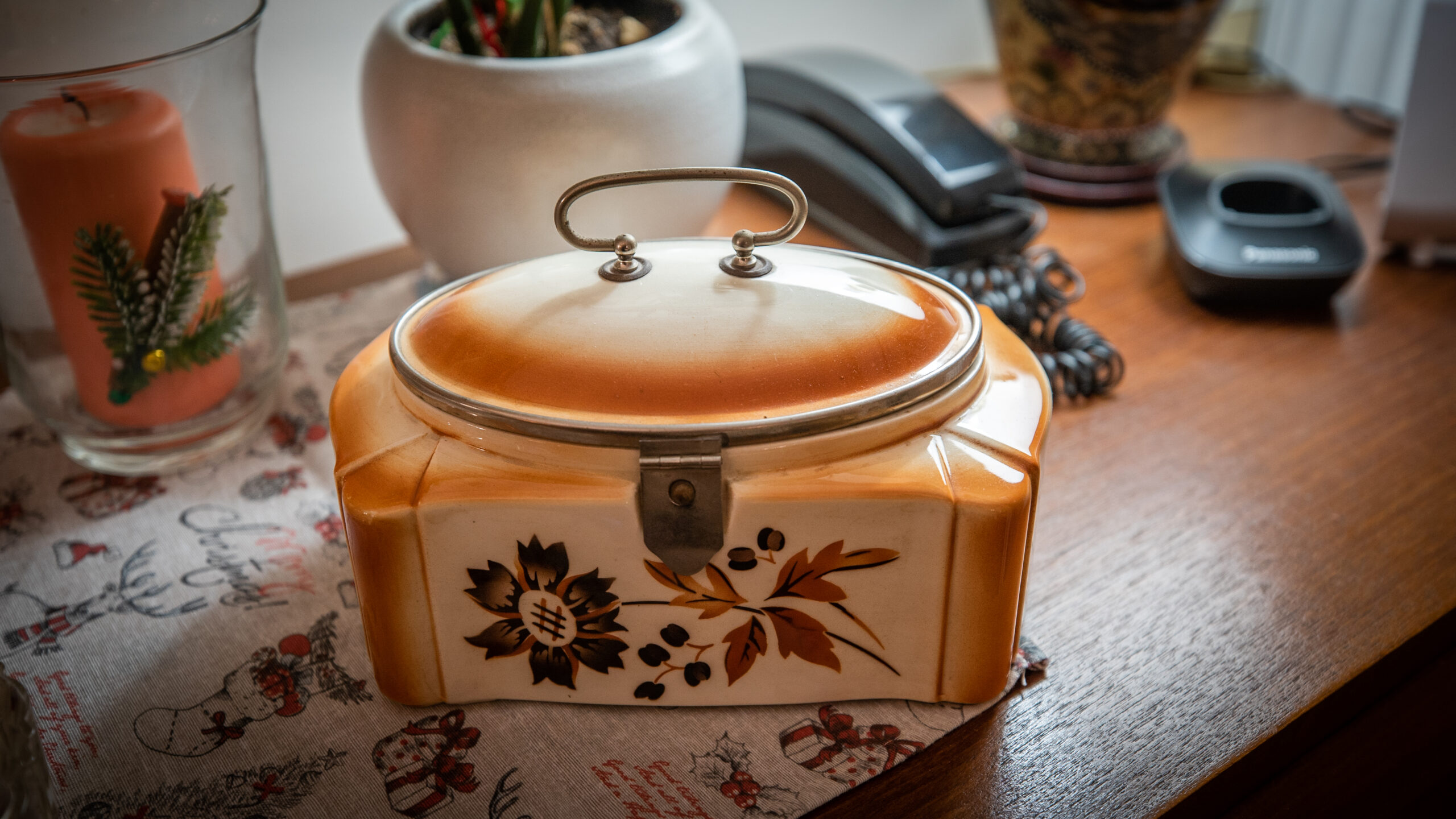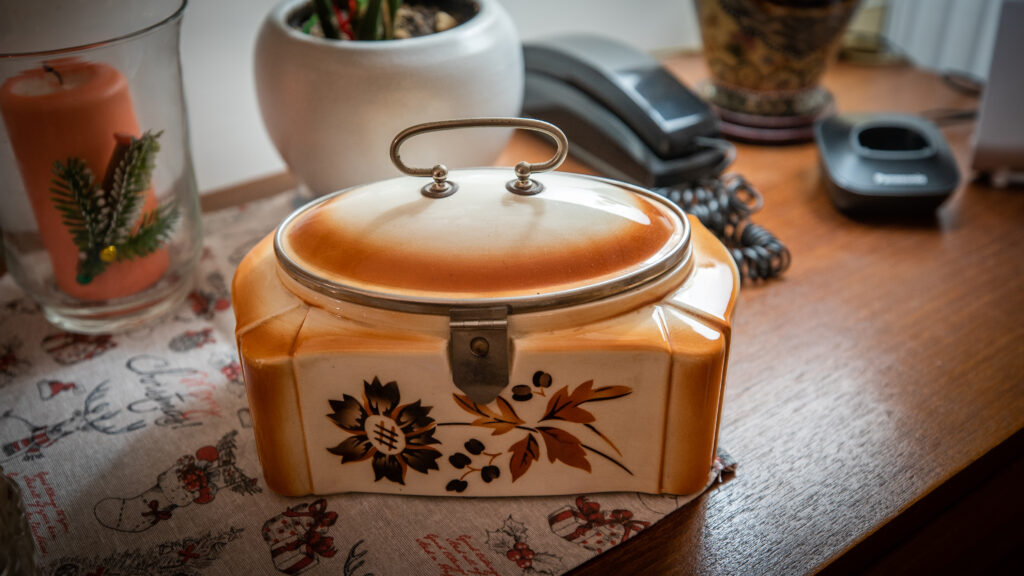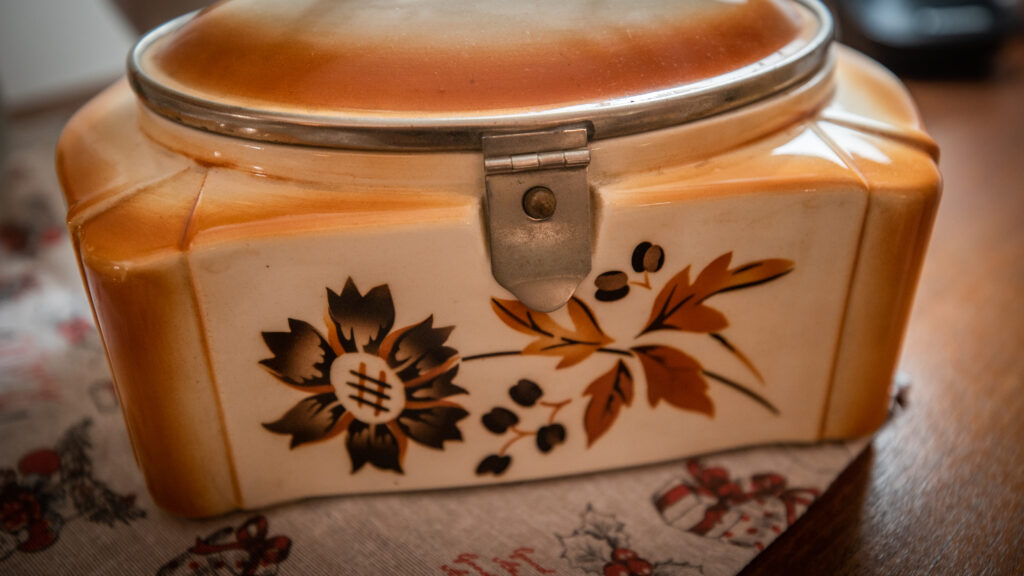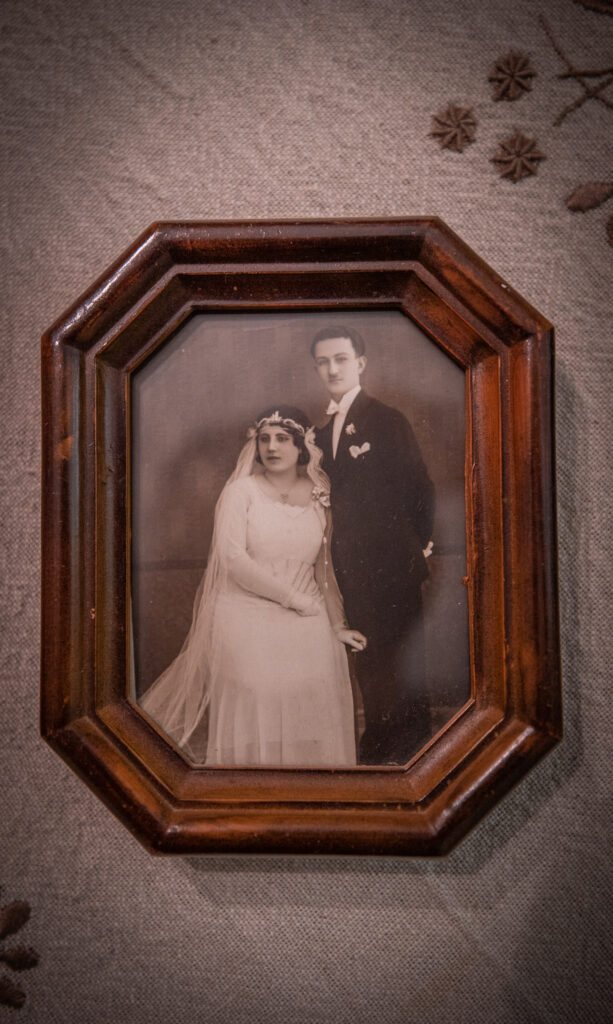Anastasia Ktypiadou was born in Constantinople in 1908. She was the daughter of Ioannis Ktypiadis and Elisavet Stavropoulou. She had two siblings, Lazaros and Despoina, and their family was fairly affluent. Anastasia’s father, Ioannis Ktypiadis, was a chaviar merchant and operated a large grocery store. The family lived in the Kurtuluş neighbourhood in Constantinople (Tatavla in Greek), on the European coast of Bosporus. Anastasia attended the Zografeion Lyceum and spoke Greek, French and a little English. She often visited her father’s store which is how she met his employee, Ioakeim Prokopoglou.
Ioakeim Prokopoglou lost his father when he was still a child and was forced to work from a very young age in order to survive and provide for his family. Even though he was not in the same socioeconomic class as the Ktypiadis family, his employer, Ioannis Ktypiadis, held him in such high esteem that he consented to the couple’s marriage. Unfortunately, the Lausanne Treaty was signed before they could get married and Ioakeim, being a resident of Sinasos, was forced to relocate in Greece along with his mother and brothers.
But the population exchange could not stand in the way of their love. As soon as Ioakeim made it to Greece, he wrote to Anastasia and they kept in touch. Four years later, in 1928, the couple got engaged in a letter, exchanging love vows in writing. Anastasia’s family in Constantinople celebrated the engagement by offering wedding favours to relatives and friends. Anastasia had one of these wedding favours in her luggage when she disembarked in Piraeus in 1929 and the couple got married in 1930. This little gift to celebrate the couple’s engagement now adorns the house of Kaiti Prokopiadou’s youngest daughter. Kaiti still speaks admiringly of her parents’ love which transcended the rigid borders and tough circumstances of their time.




